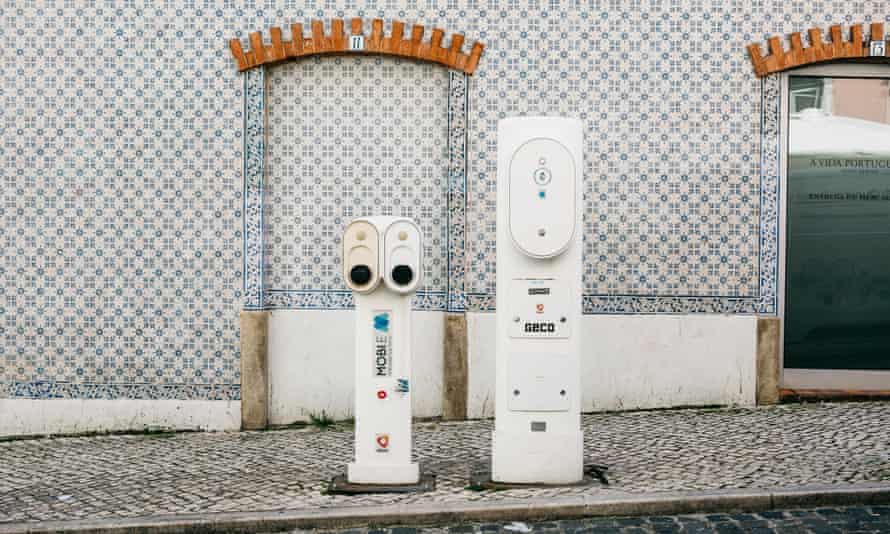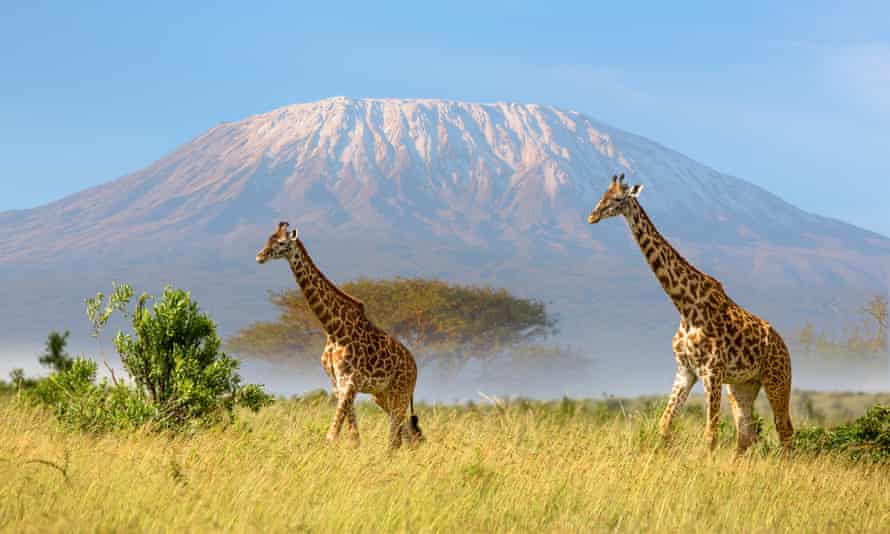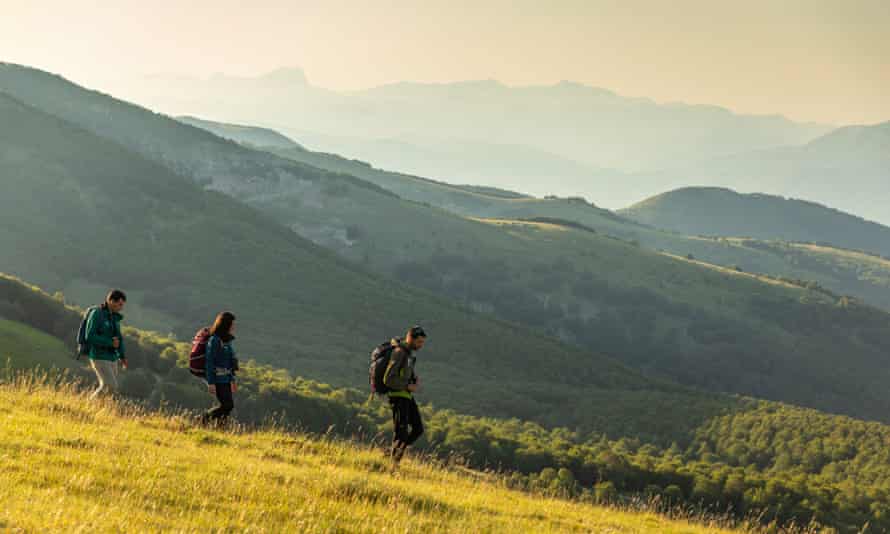
Sawday’s new overtourism caps
In a move designed to help counter overtourism, accommodation provider Sawday’s has announced that it will cap the number of places to stay it represents in some of the worst-affected areas. The B Corp-certified company, which includes the brands Sawday’s, Canopy & Stars and Paws & Stay, has identified 13 destinations in the UK and Europe experiencing overtourism. The initiative will effectively limit the company’s own capacity for growth in these at-risk areas, which include the Isle of Skye, Snowdonia, St Ives and the Lake District in the UK, and European hotspots such as Venice and Barcelona.
The pioneering policy is intended to help tackle problems that blight tourism honeypots, including strains on infrastructure and services, second-home ownership and unaffordable housing, overcrowding, and damage to ecosystems. It means that in some areas it will need to stop representing one place to stay before it can add a new one.
And while Sawday’s recognises that the impact of this policy may be small, it hopes to inspire other travel companies. “The constant desire for insatiable growth by some holiday operators, accommodation platforms and large cottage companies is unsustainable. Communities need viable visitor numbers in areas affected by overtourism,” said Sawday’s managing director Mike Bevens.
Skyscanner’s e-car hire filter
Travel booking website Skyscanner has launched an electric and hybrid car hire search filter this month, making it easier for travellers to book greener transport. With more transparency on cost comparisons for electric car hire, coupled with a rapidly expanding network of electric charging points across Europe and the US, Skyscanner expects demand for greener car hire to grow. There are now more than 374,000 public chargers across Europe. Skyscanner research has highlighted Portugal as one of the most affordable destinations to rent an electric car this summer. The new tool builds on the website’s Greener Choices flight filter, which launched in 2019 and helps travellers find flights that emit less CO2.
The first female-only Kilimanjaro trek

This July, Ireland-based high-altitude trekking company Earth’s Edge will run the first all-female expedition to Kilimanjaro. The trip will employ 80 local women in Tanzania to work as guides, cooks and porters. It’s part of the B Corp-certified tour operator’s drive to increase the number of women it works with in countries including Peru, Kenya and India. After gaining experience as porters, it is hoped that more Tanzanian women can progress to becoming Kilimanjaro guides – one of the most lucrative jobs in the region – in a male-dominated industry. In the run-up to the summer expedition, Earth’s Edge has partnered with the Kilimanjaro Porters Assistance Project, a non-profit group working for the ethical treatment of porters, to recruit, train and encourage more local women into the field.
Explore’s Clear on Carbon campaign
Earlier this month, adventure travel specialist Explore unveiled one of the most comprehensive carbon measurement projects in the travel industry. For all of its 515 trips, the company has audited transport, accommodation, food, activities and operational business emissions and now lists the overall carbon footprint calculation for each tripall trips. The data gives consumers greater transparency about the environmental impact of their travel. Explore already offsets all of its trips with ClimateCare and works withclear carbon calculations are in place, it intends to use the data to reduce emissions across the business by 50% by 2030. The UK’s Pura Aventura and Wilderness Group have also introduced carbon labelling; Pura Aventura goes one step further by factoring in international flights.
Inghams’ Climate Action Plan
Hotelplan UK, a launch partner of the Glasgow Declaration on Climate Action in Tourism at Cop26 and umbrella company for Inghams, Esprit Ski and Santa Lapland, appointed its first group head of sustainability during the pandemic, spurring a raft of green policies. This March it partnered with ClimateCare to support Gold Standard carbon-offsetting projects, but in 2023 it has committed to auditing the footprint of all its holidays so that the process of reducing emissions can begin in earnest. It’s also now working with charity Protect Our Winters UK and has teamed up with Eco Ski, a skiwear business launched in 2020 to encourage winter holidaymakers to repair, rent or buy pre-owned gear; Hotelplan customers get 15% off rentals.
Byway promotes flight-free event travel
Tapping into the rise of event-based tourism, slow travel tour specialist Byway is launching a flight-free travel planning service for international events. Its launch partner is Run for Love, a six-day charity race taking place in Croatia this May that raises funds to support victims of trafficking. Through the Byway partnership, contestants will be given the option to travel to the start point entirely by train. Founder Cat Jones, who launched Byway in 2020, sees the move as an expansion into providing A to B flight-free travel anywhere in Europe, for both leisure and business travel. “Our mission is to make slow travel mainstream,” says Jones. “We’ve built this pretty sophisticated tech that allows us to construct [flight-free] routes. It’s about regaining that sense of travel and discovery, rather than powering through from A to B.”
Exodus’s ‘Nature First’ pact

Last October, adventure tour company Exodus set a goal to become nature net positive by 2024, building on its plan to halve carbon emissions by 2030 and offer flight-free options for a number of tours. The aim of the Nature First initiative is to not only reduce its impact on natural ecosystems, but to outweigh the impacts by proactively supporting regeneration. It works Rewilding Europe to rewild a minimum 100sq m of land for every person who books a trip. One of its biggest projects is in the Apennines, where Exodus has funded the rewilding of 400 hectares over the past year, with the potential to remove about 1,500 tonnes of carbon from the atmosphere every year. A new walking trip for 2022, Rewilding in the Italian Apennines, will allow customers to experience the project first-hand.
Lovat Parks to strip out landfill

Founded in 2018, Lovat has become the UK’s first B Corp holiday park group, with nine bases in regions including Cornwall, Suffolk and Norfolk. Projects range from beach toy libraries to food composting bins, and free water refill stations to local sourcing for its cafes. Lovat also supports food banks close to its holiday parks and this year has launched an ambitious plan to reduce landfill waste by 90% by 2025, with a 25% target for this year. As part of this pledge it will remove all single-use plastic bottles from sale in on-site shops and cafes, which could stop more than 1,700 bottles going to landfill from its Cornish parks alone.
Intrepid’s 22 impact initiatives for 2022
This January when Intrepid recertified its B Corp status, it improved its score by nearly 10%. It’s in the process of reviewing its top 50 trips to remove internal flights under 90 minutes as part of plans to decarbonise the business. Intrepid says it has always put local communities at the heart of tours and in-country operations, and this is reflected in the 22 new tour experiences it has added for 2022. Called “impact initiatives”, the experiences will directly benefit local people, aid nature and wildlife conservation or preserve indigenous culture. They include e-rickshaw rides in Jaipur with women from low-income households, a chance to meet Vietnamese craftspeople making art from rubbish collected in Hạ Long Bay, and dining at a First Nations restaurant in British Columbia.
Tuscany Now & More champions sustainable villas
In response to a growing number of inquiries, Italian villa firm Tuscany Now & More has launched a portfolio of sustainable villas, from contemporary solar-powered pads to heritage farmhouses restored using sustainable materials. Villas sleep six to 14 andhave renewable air-cooling systems and sustainably heated and cleaned swimming pools. Highlights include Il Soldano near Florence, which is powered completely by solar, has organic veg plots for guests to plunder and car charging points. Podere Brogi, a restored farmhouse with a saltwater infinity pool, is in a five-hectare organic vineyard bordering Chianti.



